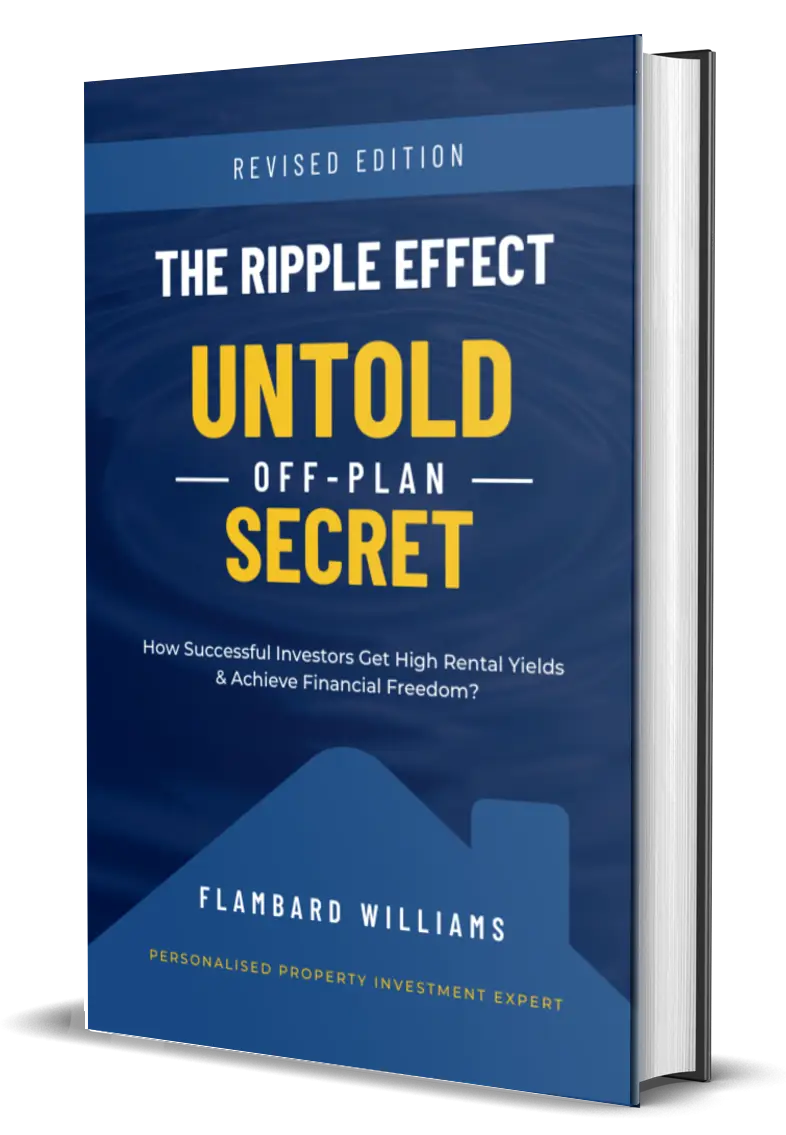With all the latest changes in the BTL market it is often muted that it would be better as a landlord to set up a limited company as these structures are not affected by the changes. The changes we refer to are the implementation of a Stamp duty surcharge of 3% over and above the standard rate and a phasing out by 2020 of the tax relief on mortgage interest on BTL mortgages. This has led to a slight cooling off in the BTL property market and led some to believe that it may be better to switch their portfolios into that of a ltd company.
Firstly, remember that when borrowing through a company structure, mortgage companies will charge at a higher rate than they would for an individual.
Secondly there are other costs attached to running a ltd company that go beyond just the setting up of said firm, which in fact can be relatively inexpensive. The costs I refer to here are the completing of annual accounts, which in many cases require you to hire the services of an accountant. Despite these extra costs the main inhibitor is the cost of borrowing, where I have mentioned before the cost to a company of borrowing in the market outstrips by some margin the cost incurred by an individual.
So some may ask, when is it appropriate to switch to a ltd company to buy property. It has been calculated that a higher rate taxpayer needs to own around 4 properties before it becomes cost effective to buy them through a ltd company structure.
So if I own that many is it cost effective to switch to a company? Unfortunately, whether you only own one buy-to-let property or have a large portfolio as an individual, selling the properties and then “repurchasing” them within a limited company is unlikely to work out for you.
To transfer the properties from your own name to a company you will have to sell them, incurring potential capital gains tax. Stamp duty is likely to be payable when you re-purchase inside a business. This makes this method unfeasible for someone with a small number of properties. Research has shown that even those with a large portfolio are better off staying put as the cost of transferring far outweighs any gains.
So the answer to this question is, if you intend to build a large portfolio of properties, and are prepared to suffer the higher costs associated with this then setting up a limited (ltd) company from the get go is key. If however, you already have an established portfolio, whether large or not, it is better to leave alone and continue under the structure.





















 Exclusive Property Launch Invitations
Exclusive Property Launch Invitations Customised Market Reports
Customised Market Reports Exclusive Access to Off-Market Properties
Exclusive Access to Off-Market Properties Networking Events
Networking Events





